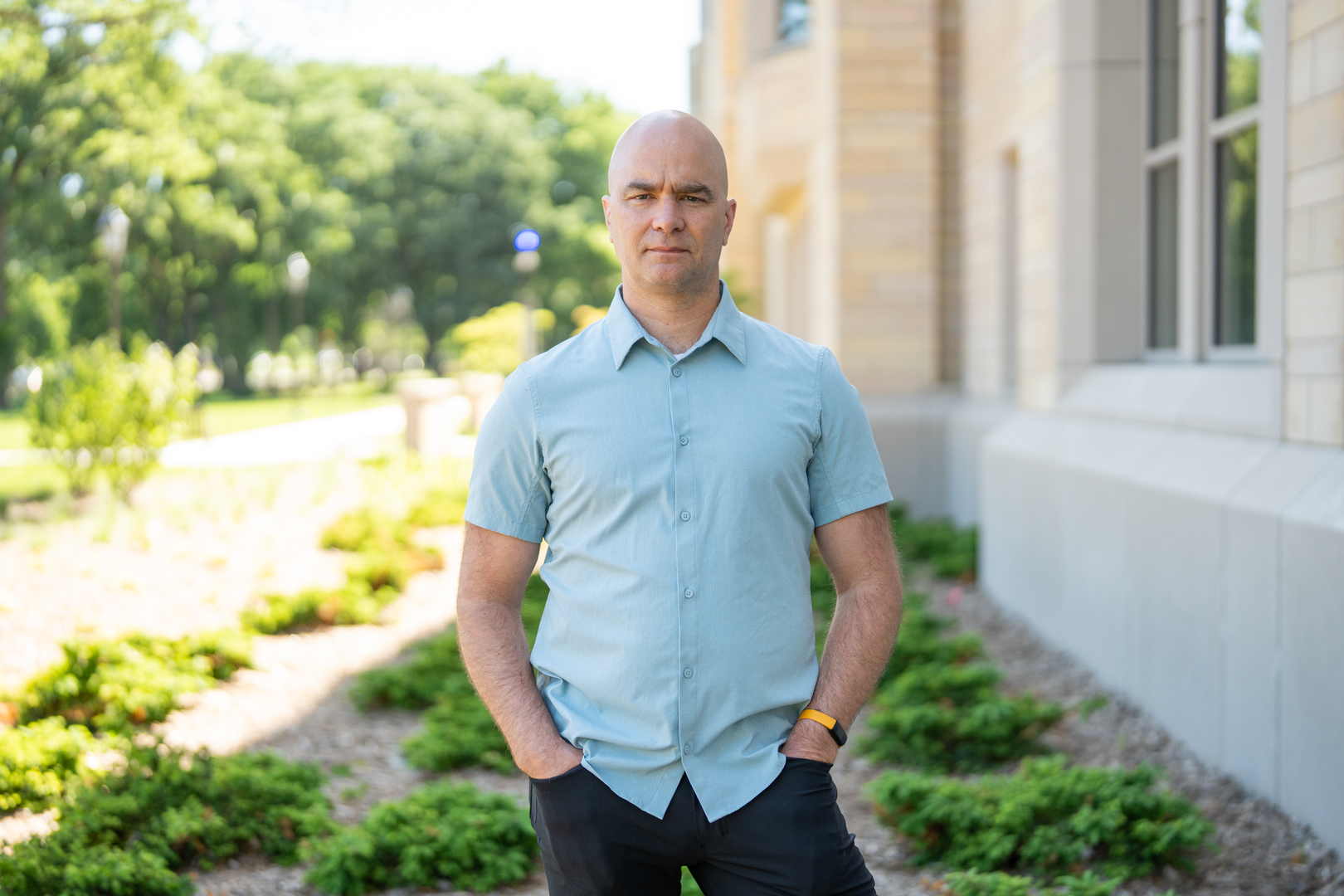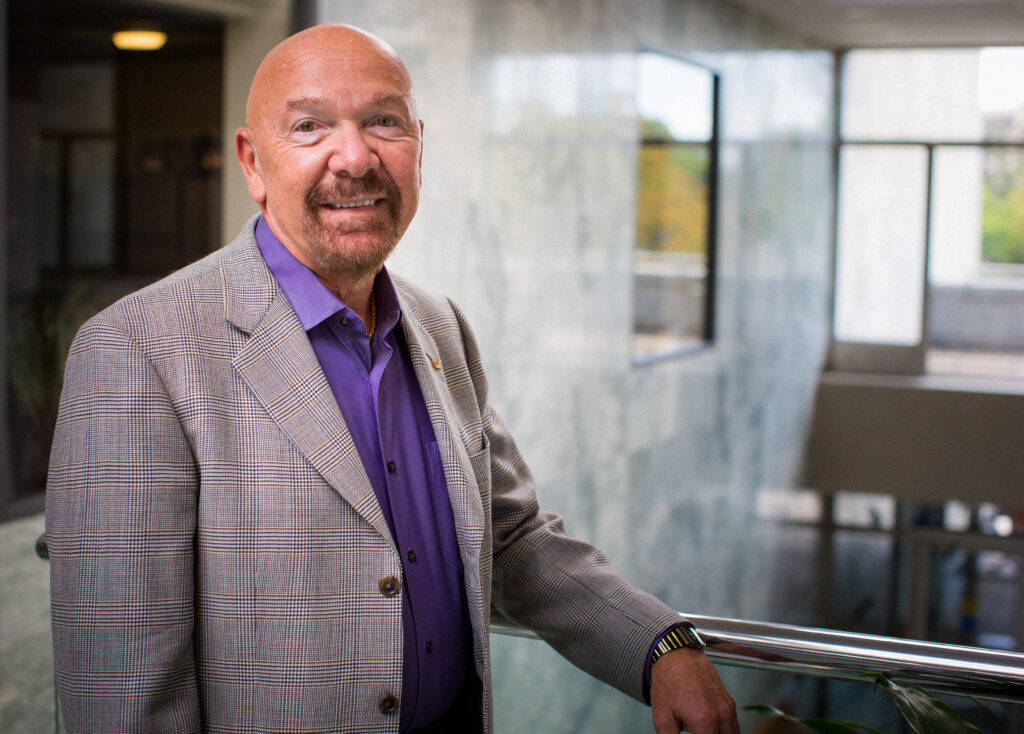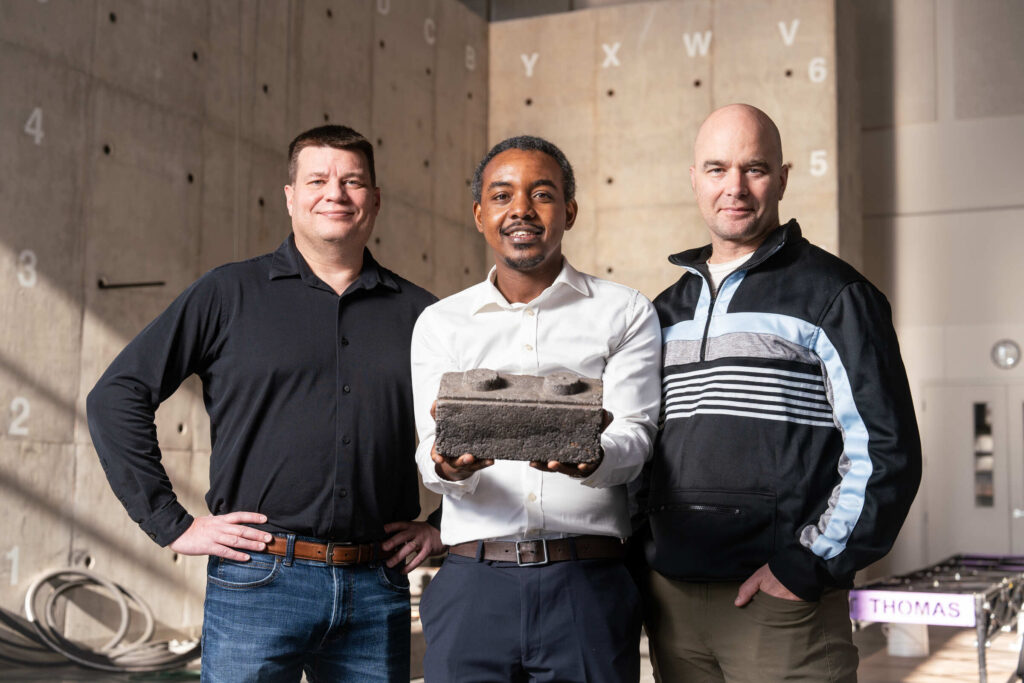John Abraham, mechanical engineering professor at the University of St. Thomas School of Engineering, recently spoke with Earth.Org about the urgent action needed on climate change after Hurricanes Helene and Milton hit Florida hard.

From the story:
Climate change is affecting hurricanes by warming our oceans and melting our ice caps. The warmer ocean water fuels hurricane systems as they form in the open sea. When the storm systems get closer inland, rising sea levels make any resulting flooding more catastrophic. That does not include how hurricane rainfall is going to intensify even more by 2100 if we do not slow climate change down.
John Abraham, professor and program director of mechanical engineering at the University of St. Thomas, told Earth.Org, “as the oceans warm, we can expect that there will be more of these powerful hurricanes and more hurricanes that experience ‘rapid intensification.’ Rapid intensification occurs when storms increase in strength quickly, often right before landfall.” ...
Global warming is past the point of no return, but that does not mean we cannot work together to ease its rapid development.
“If we reduce emissions, we can slow the warming,” said Abraham. “That is the good news. The bad news is that we have not shown the will to do enough to really reduce our emissions. In fact, emissions continue to rise meaning that the future will bring storms that are more powerful than today. These storms cost a lot in terms of lives and money – much more money will be spent on repairing the damage than it would have cost to reduce emissions.”







